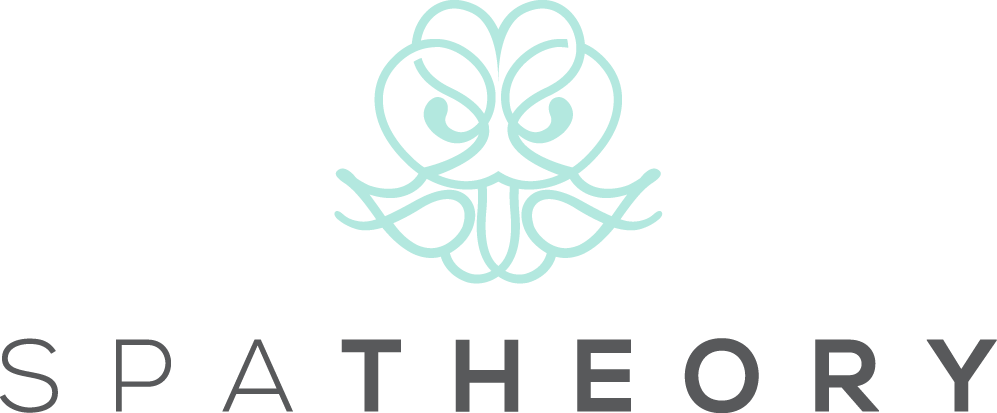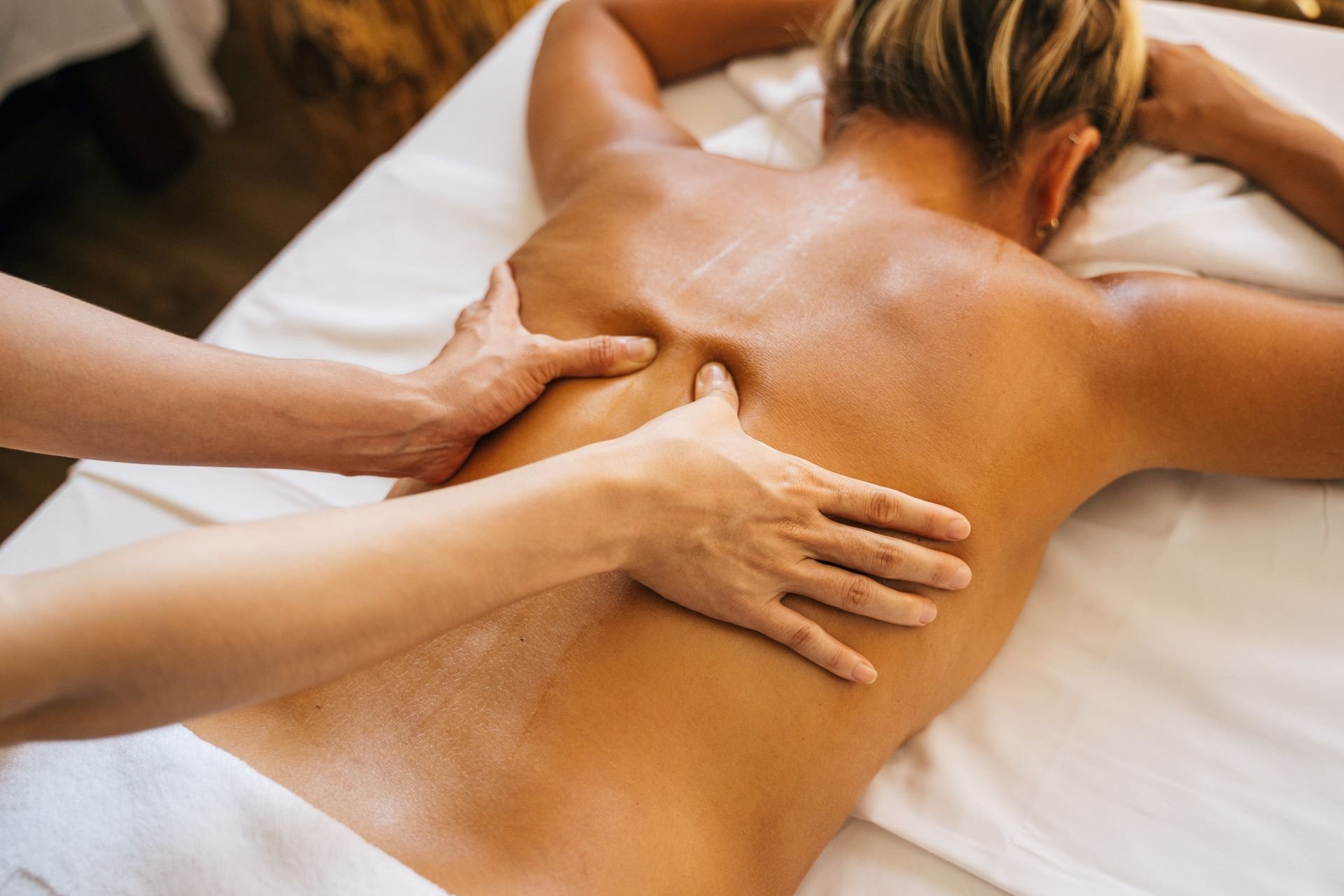Postpartum Massage: Supporting New Mothers
The journey of pregnancy is one of nature's most incredible feats, culminating in the miracle of birth. But after welcoming a new baby, the body continues its remarkable processes of healing and recovery, and one holistic way to aid this recovery is postpartum massage. This therapy not only tends to the physical discomforts associated with childbirth but also provides a moment of tranquility for new mothers.
In the following guide, we’re going to take a look at the benefits of postpartum massage, as well as some considerations to keep in mind if you decide to treat yourself to one. Let’s take a look!
What is a Postpartum Massage?
Postpartum massage, also referred to as postnatal massage, is a specialized form of bodywork designed explicitly for mothers following childbirth. Drawing upon traditional and contemporary massage techniques, it addresses the unique physiological and emotional changes experienced by women post-pregnancy. Plus, if you don’t want to leave your newborn with a guardian, you can even get a postnatal massage at home with a mobile massage in Miami.
Just as prenatal massage tailors its approach to accommodate the needs and sensitivities of expectant mothers, postnatal massage modifies its techniques to cater to the nuances of a body in recovery: the practitioner will adjust their methods based on the mother's specific needs, including whether she's had a vaginal birth or a cesarean section, as both come with distinct recovery challenges.
Traditionally, many cultures have embraced massage after birth as a rite of passage, a means of nurturing the new mother, and ensuring her rapid return to health. From ancient India's Ayurvedic practices to the time-honored customs of Indonesian Jamu massage, postpartum massage has been a cornerstone of maternal care in various societies. Now, in our modern world, these practices are being revisited and adopted for their myriad of health benefits.
Postpartum Massage Benefits
The transition from pregnancy to motherhood is a profound shift, both physically and emotionally. The body undergoes significant changes during this period, and postpartum massage therapy plays a pivotal role in aiding the recovery process. Here are some of the many benefits:
Physical Healing
One of the main benefits of postnatal massage lies in the physical advantages; massage after pregnancy can accelerate the healing of sore muscles and enhance joint mobility. It stimulates circulation, which aids in reducing swelling and expediting the body's natural process of eliminating excess fluids and toxins.
Stress Reduction
Even for women who have already gone through the process with other children, the pressures of new motherhood can still be overwhelming. Massage provides a therapeutic escape, allowing mothers to unwind and reduce the cortisol (stress hormone) levels, fostering a sense of relaxation.
Hormonal Balance
Pregnancy and childbirth lead to a surge of various hormones, and massage can assist in regulating hormonal imbalances post-birth, notably decreasing hormones associated with stress and increasing feel-good hormones like serotonin and dopamine.
Improved Sleep
The physical relaxation induced by a massage can help improve sleep quality, which is invaluable to a new mother adjusting to the demands of baby-induced sleep schedules.
Emotional Support
The gentle touch of a massage can provide emotional comfort, and can help ease any post-baby blues you might be dealing with. Plus, the act of treating yourself to a postnatal massage serves as a reminder for mothers to prioritize their well-being amidst the overwhelming responsibilities of caring for a newborn - self care is still important!
How Soon Can You Get a Massage After Giving Birth?
One of the most frequently asked questions among new mothers is, "Can you get a massage after giving birth?" The answer is a resounding "Yes!" However, the timing and approach may vary based on individual circumstances and type of birth:
Massage after Vaginal Birth
For those who had a vaginal birth without complications, a gentle massage can be introduced as early as a few days post-delivery. This early intervention can be especially beneficial for promoting relaxation, improving mood, and enhancing the body's natural healing process.
Cesarean Section
For mothers who've had a c-section, the approach is generally more cautious, and it's advisable to wait at least 4-6 weeks post-surgery before considering a massage. The reason for this delay is to ensure that the incision site has begun its healing process and won't be compromised. Even after this period, the massage therapist will avoid direct pressure on the scar until it's fully healed.
The Bottom Line
The postnatal period is one of intense change and adjustment, and as new mothers navigate the demands and joys of motherhood, postpartum massage can be a great way to speed up physical recovery while also offering emotional support. Whether it's alleviating discomfort, restoring a hormonal imbalance, or simply providing a moment of serenity, the benefits of this ancient practice are profound. With professional guidance and informed choices, postpartum massage can be an invaluable part of a mother's journey towards healing and rejuvenation.
FAQs:
Can you get a massage after giving birth?
Yes, you can. The timing will vary based on the type of delivery and individual circumstances. Always consult with a healthcare professional to determine the best time for you.
How does postpartum massage differ from regular massage?
Postpartum massage is specifically tailored to address the physical and emotional challenges faced by new mothers. Techniques are modified to accommodate the healing body, particularly around the abdominal area and any surgical sites.
Is postpartum massage suitable for mothers who've had a cesarean section?
Absolutely! While the approach is more cautious and the timing might be delayed, postpartum massage can be very beneficial for mothers who've had a cesarean section, aiding in scar tissue healing, alleviating pain, and promoting overall recovery.
Remember, as with all therapeutic interventions, it's crucial to consult with healthcare professionals and specialists in postpartum massage therapy to ensure the best care for the unique needs of every new mother.

